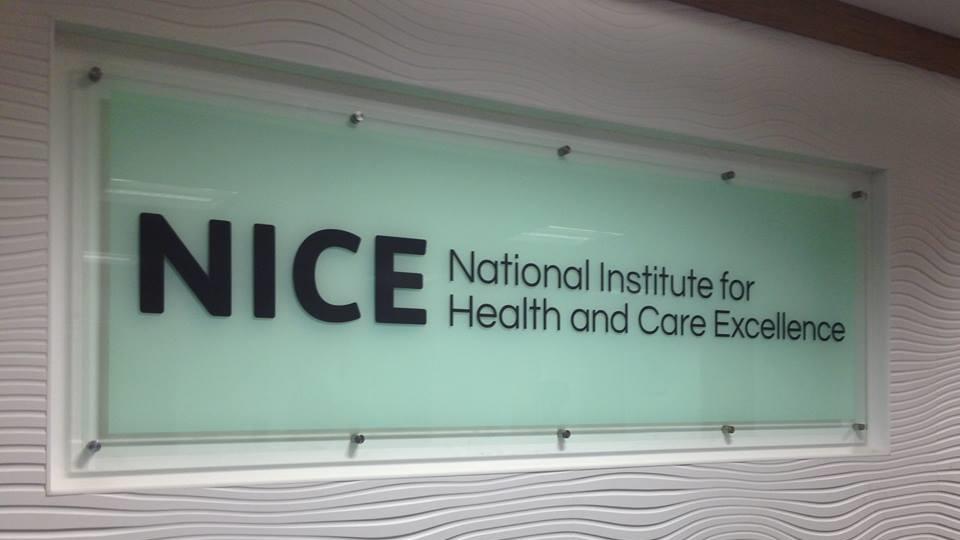Pfizer reaches deal with NICE on Vyndaqel for ATTR-CM

Three years after turning it down for being too expensive, NICE has backed the use of Pfizer’s Vyndaqel as a treatment for transthyretin amyloidosis with cardiomyopathy (ATTR-CM).
The decision means that from today adult patients with wild-type or hereditary forms of the rare heart condition will be able to get funding for Vyndaqel (tafamidis) via the Innovative Medicines Fund (IMF), set up to cover the cost of new therapies on an interim basis while additional evidence of their benefits is generated.
The drug will, however, switch to routine NHS funding once the NICE guidance is finalised, likely in June.
According to Pfizer, it is the first ATTR-CM therapy to become available via the NHS. In 2021, NICE rejected regular NHS funding of the drug – after an unsuccessful appeal by Pfizer and patient organisations – saying it was not cost-effective. The health technology assessment (HTA) agency did say, however, that it was ready to carry out a rapid appraisal if Pfizer was prepared to drop the price.
ATTR is characterised by the formation of amyloid fibril deposits in tissues and organs – in the heart, in the case of patients with cardiomyopathy – and there are estimated to be around 1,000 people in England and Wales with the condition, which can lead to heart failure.
Once diagnosed, the median life expectancy in people with ATTR-CM, dependent on sub-type and without treatment, is approximately two years to five and a half years, according to Pfizer.
NICE’s decision ends unequal access to the drug in the UK, as the Scottish Medicines Consortium (SMC) backed its use for adults with ATTR-CM last November, after also turning it down on value-for-money grounds in 2021. The SMC changed its stance on the drug after a confidential pricing agreement to improve the cost-effectiveness of the medicine.
In response to the NICE news, Joel Rose, chief executive of patient advocacy organisation Cardiomyopathy UK, said: “ATTR-CM has a significant impact on an individual’s everyday life, and we are really pleased there is now a treatment option available. We now must make sure that this treatment can get to those who will benefit as quickly as possible, as ATTR-CM often worsens over time.”
Australia also backs the drug
Last week, Australia also opted to cover Pfizer’s Vyndamax version of tafamidis under the Pharmaceutical Benefits Scheme (PBS) for ATTR-CM, making the drug an option for around 1,200 Australians with the condition.
The Department of Health and Aged Care also agreed to cover access to Bristol-Myers Squibb’s Camzyos (mavacamten) via the PBS as a treatment for symptomatic obstructive hypertrophic cardiomyopathy (HCM), making it an option for around 3,600 people.













